Nothing Like the Oldies

There are so many songs on these albums that became classics

We can all think of concerts or songs that have been used as fundraisers for worthy organizations, but what most people don’t know is that the very first Pirchei album back in 1966, the brainchild of Rabbi Eli Teitelbaum a”h and Rabbi Josh Silbermintz a”h, was actually produced to generate some much-needed funds for the youth programs of Agudath Israel.
At the time, Pirchei of Agudath Yisrael of America’s most notable program was the annual Siyum Mishnayos, but as the only admission price for the Siyum was the learning of Mishnayos, funds were low. That’s when Rabbi Josh and Rabbi Eli had a dream. The two of them, being musically inclined, decided to release an album called Pirchei Sings, which they hoped would raise the requisite cash.
Josh and Eli had something else in common in addition to their love of music — they were both beloved rebbeim in their respective institutions: Rabbi Silbermintz was a third-grade rebbi in Toras Emes and Rabbi Teitelbaum was a fourth-grade rebbi in Torah Temima. Rabbi Silbermintz was also the lifelong director of Pirchei, a well-known baal tefillah, and the head counselor of Camp Munk. Rabbi Teitelbaum, an accomplished clarinet player, would become head of Camp Sdei Chemed and the brainchild behind Dial-a-Daf.
On a Motzaei Shabbos, Eli, Josh, and Baruch Chait — who the next year would become part of the Rabbis’ Sons troupe — met at Josh’s house in Crown Heights. The three of them stayed up all night, choosing songs and coming up with musical ideas. Although there was plenty of talent in the room, none of them were music professionals at that point. “We were all ‘camp people’ with a lot of siyata d’Shmaya,” remembers Rabbi Chait.
And so, the production began. The choir was under the direction of Eli Lipsker a”h, who was the conductor of the Modzhitz choir and therefore knew of a great child soloist by the name of Yossi Sonnenblick. Vintage Pirchei fans might appreciate these additional pieces of trivia as well: The first cover was designed by Rabbi Meir Zlotowitz a”h of ArtScroll fame. The album cover for Pirchei Sings Volume 3 was drawn by Yisroel Lamm and was actually a Camp Munk color war banner. Some familiar names sang as children in Pirchei: Avrumi Flam, Meir Sherman, Joel Kaplan, Butchie Berry, Heshy and Hilky Blumstien, and most notably, a young boy by the name of Avremel Fried(man) who was a featured soloist on the fourth Pirchei album. Some others, not associated with the music world, were also featured: Rabbi Ephraim Wachsman, State Coordinator for Hatzolah Chaim Baruch Gluck, and Leibel Tennenbaum of Hatzolah, who also composed “Yamin U’smol” from Pirchei 3. Then there were the Pruzansky brothers, as well as Noach Dear a”h, the judge and councilman who was unfortunately taken from us during the COVID-19 pandemic.
For his part, Rabbi Silbermintz always insisted that at all Pirchei events and recordings, the musicians had to be shomer Shabbos. That might have been a bit limiting, but the talent was there, at the live events and as well on the five Pirchei Sings albums: Motty Parnes a”h, Yossi Leshkowitz, Leib and Moshe Koenig, Dovid Nulman, Rabbi Baruch Chait, the Lamm brothers, Shmuel Boruch Bagry, Chaim Fessel, Avrom Spivak, and Yerachmiel Zweig a”h were a few of them. (Yisroel Lamm told me that playing on the second Pirchei album was the first time he was ever in a studio. The album coordinators were Pinky Belsky a”h and Rabbi Shimon Grama, who took over as Pirchei director. Ali Scharf told me that one day, in Camp Munk, Rabbi Josh asked him to compose a song for the fifth album, Ma Gadlu. Ali said he’d try, and Josh ended off by saying, “Ali, just keep it Jewish.” Rabbi Josh was very particular about not succumbing to secular influences, and Ali didn’t disappoint. He ended up composing “Bo Eshbos,” which is one of my all-time favorite songs.
There are so many songs on these albums that became classics. The list would be too long so I’ll just mention a few: “Mi Ha’Ish,” composed by Rabbi Boruch Chait, “Ein Aroch,” composed by Rav Michel Twerski of Milwaukee, “Al Zeh Haya,” by Rabbi Eliyahu Klang, “B’ni,” by the Bobover Rebbe ztz”l, “Al Chomosayich Yerushalayim,” by the Bostoner Rebbe, “Ani Ma’amin,” by Motty Parnes and Itzy Weissberg, and of course, “Eilecha,” which was allegedly composed by Shlomo Carlebach.
Eli Teitelbaum was always there when you needed him. I remember when I first met him and needed some help putting together a music recording for camp. The basement in his Boro Park home had thousands of dollars of musical equipment, and after he helped me out he said, “Ding, whenever you need anything, my house is always open, I’m usually up late but in case you come and my door is locked, the key is above the doorframe.”
As years pass and us old folks continue to reminisce about the success of the Pirchei albums, we can thank Rabbi Eli and Rabbi Josh and remember that we can all follow our dreams.
(Originally featured in Mishpacha, Issue 829)
Oops! We could not locate your form.

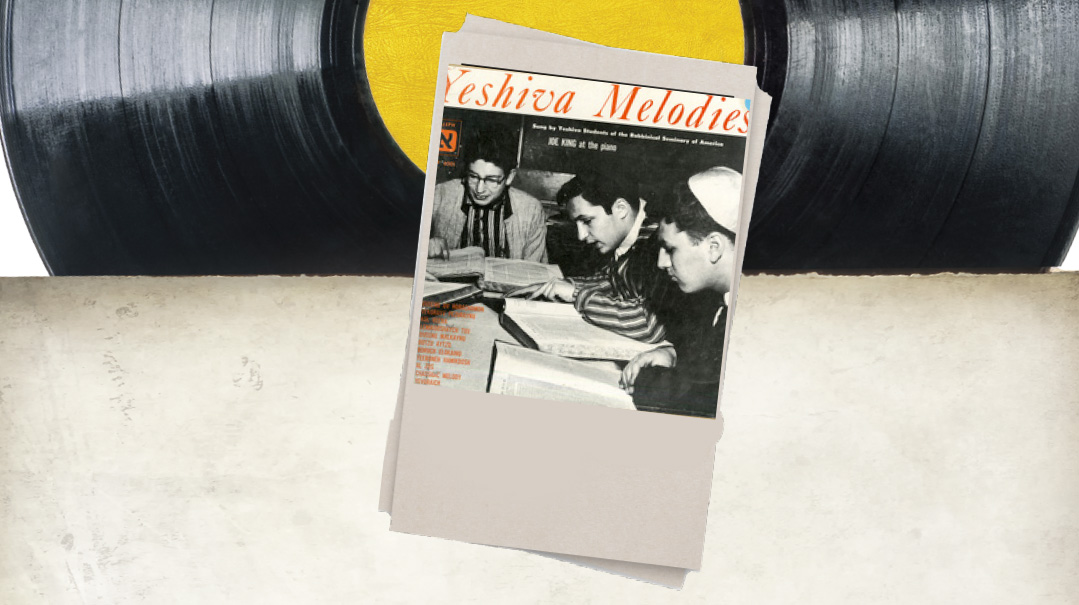
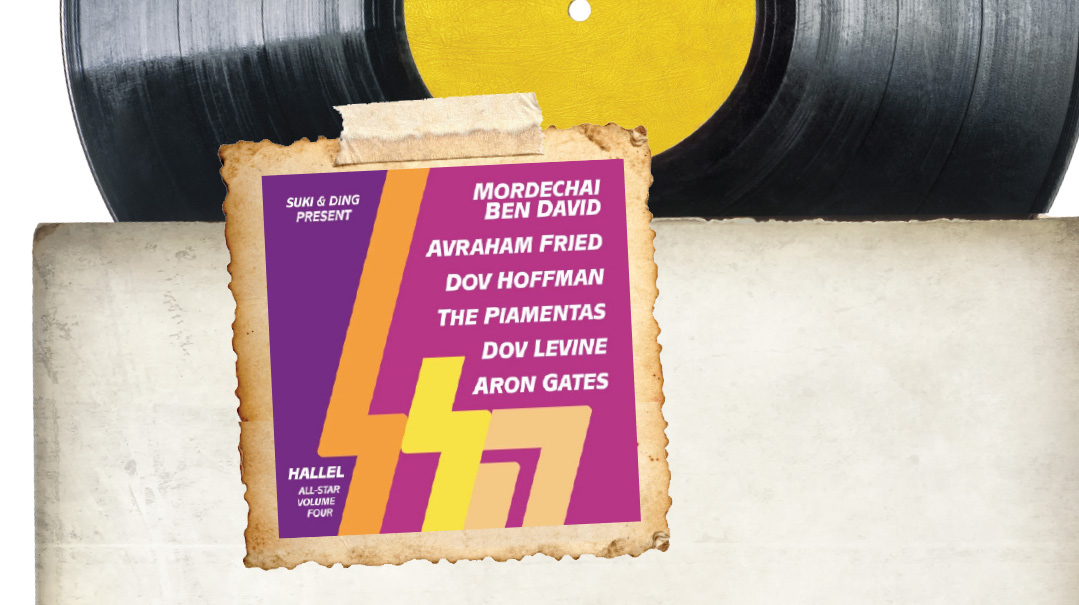

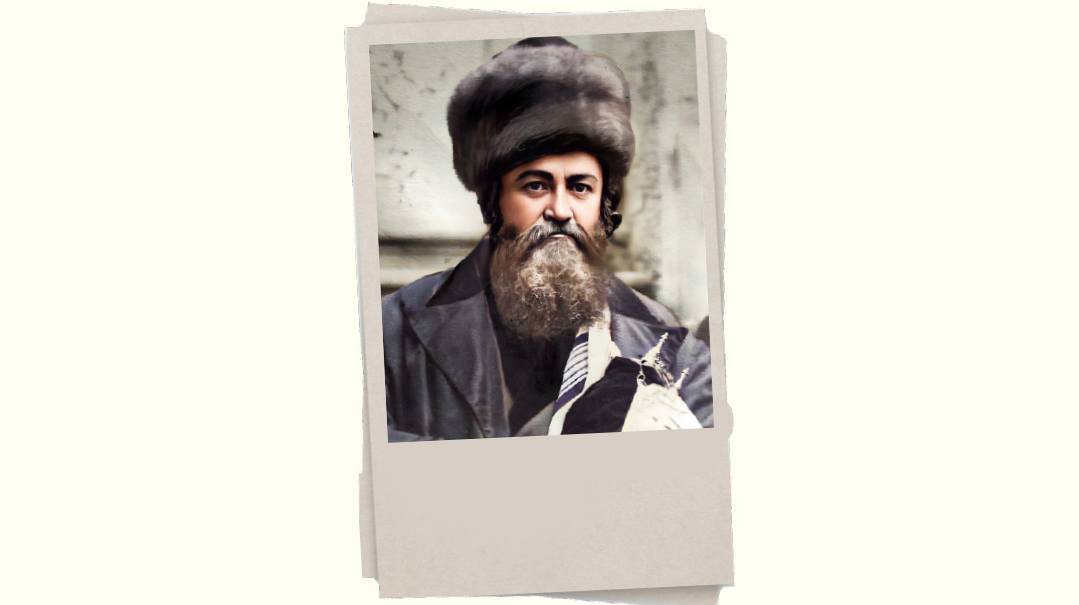
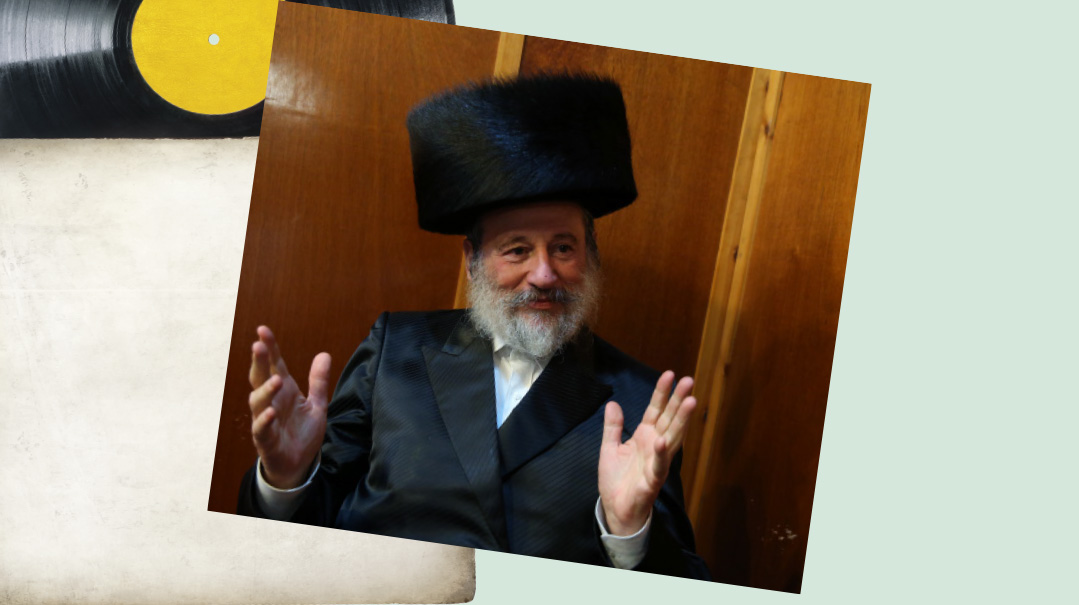
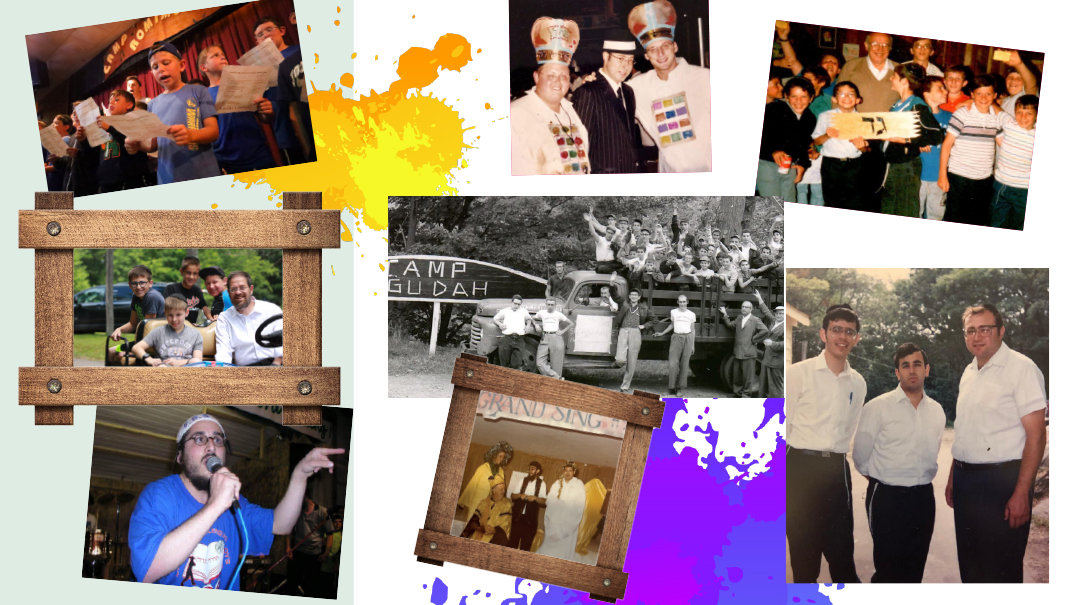

Comments (2)